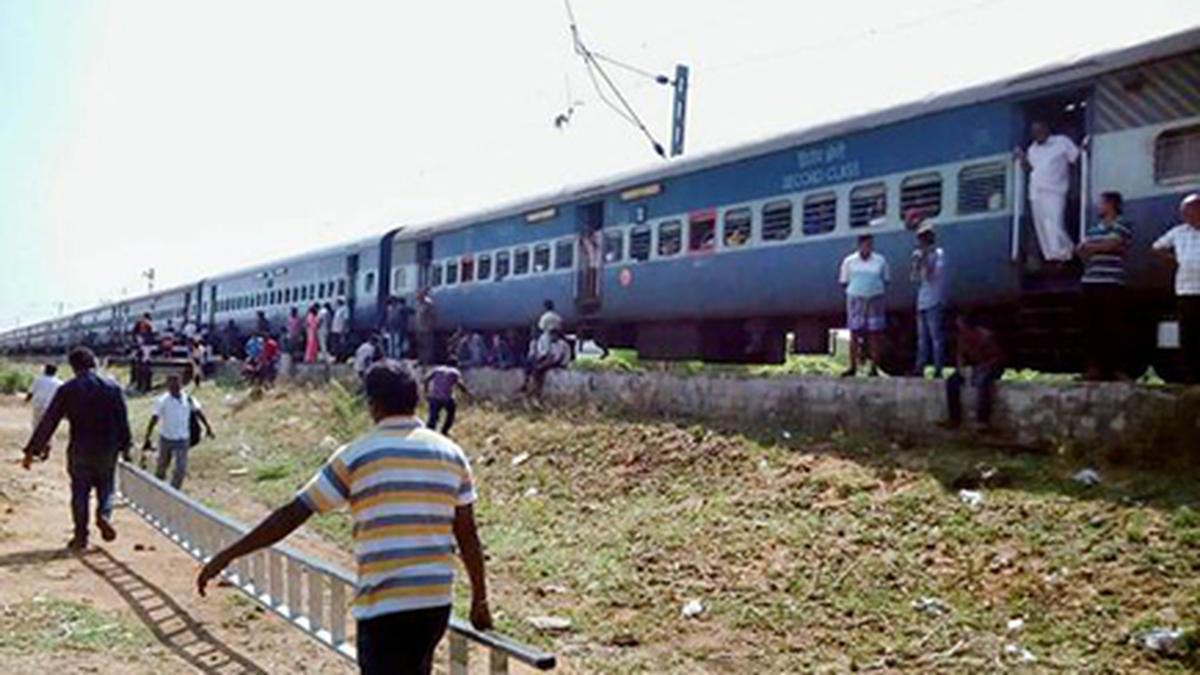In the backdrop of the near-miss incident reported on Kovilpatti-Kadambur section on June 24, Divisional Railway Manager, Sharad Srivastava has issued fresh guidelines to the divisional officials on inspection of railway infrastructure to ensure safe operation of trains.
Insisting on the officials to make field inspections at least once in a week, he said that the inspections carried out by Traffic Inspectors (TI) should be monitored by Divisional Operations Manager on a daily basis.
Besides, their inspection notes should focus on areas essential for safety and it should bring out improvements required rather than “routine/repetitive” inspection notes that would not help the system.
“No stereo-type inspection”
The DRM advised the TIs against making stereo-type inspections. “Instead, they should carry out periodic inspections of the stations and try to meet all station staff at least once in two months. They should look for systemic issues in train operations like shortcuts,” the guidelines said.
The DRM has advised the Senior Divisional Operation Manager to scrutinise reports on all unusual situation working like issuing of line clear tickets and emergency route release at stations every fortnight.
Cross-checking documents
The DRM has insisted that during every failure, the timings provided in the documents by various railway employees and officials should be cross-checked with data-logger timings by the Sectional Traffic Inspectors. “This will be a deterrent to erring staff resorting to shortcuts,” the DRM reasoned.
Though the officials could continue with random checks at stations with data-logger reports
to identify and remove any shortcut methods being followed in normal working, they could also resort to ambush checks where frequent and prolonged signal failures are reported to prevent adoption of shortcuts.
The DRM also stressed on Traffic Inspector or an additional Station Master rushing to the station, in case of any failure at the station/section, to assist the on-duty SM in abnormal train working duly following the laid down rules.
“This will reduce the pressure on on-duty SM and will help in ensuring safe train operations,” the guidelines said.
























